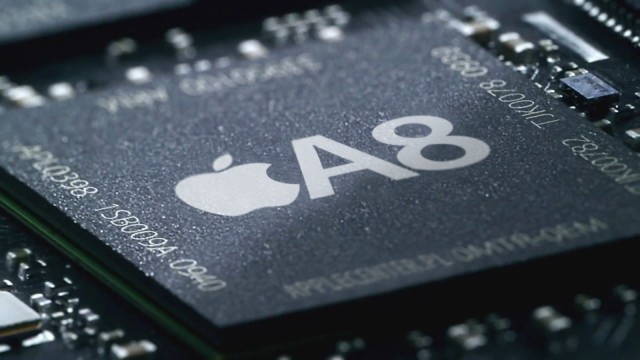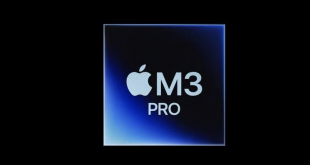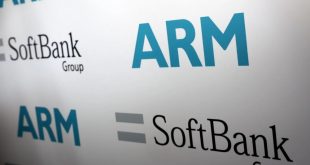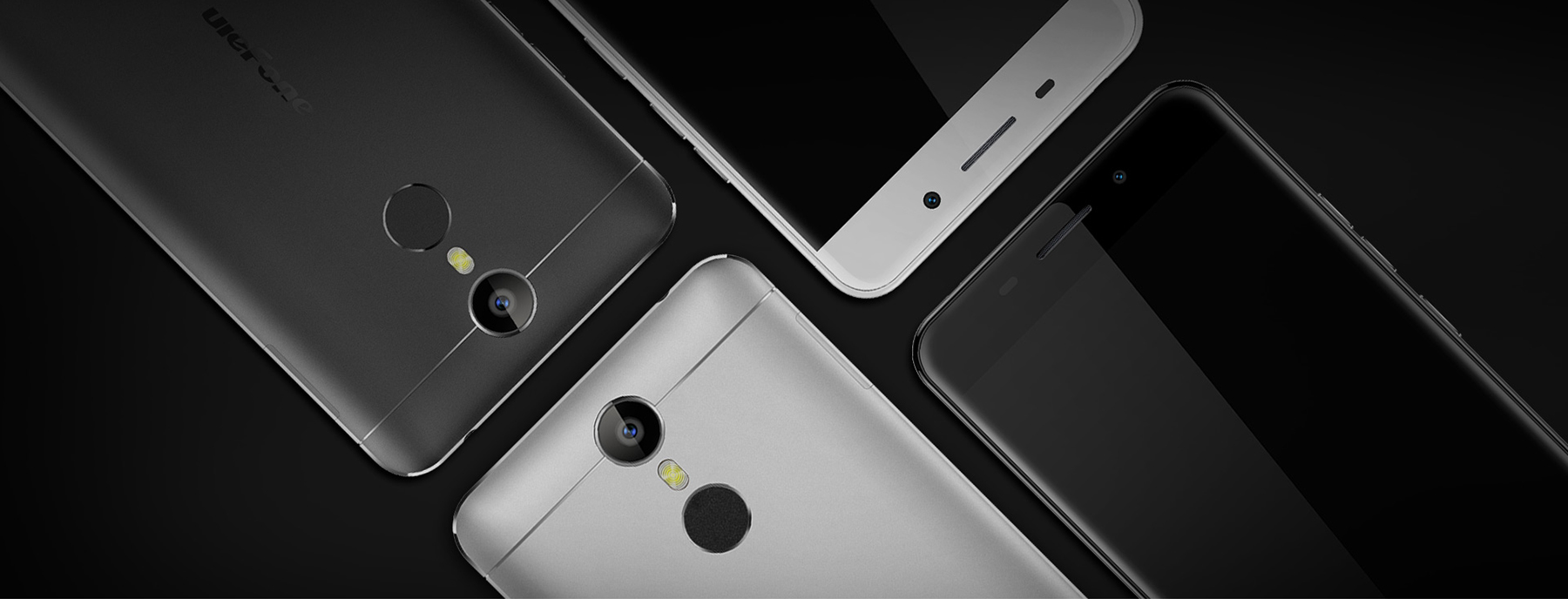Apple has lost the patent lawsuit against the University of Wisconsin over their use of trademarked chips. Apple will probably have to pay damages to the University of Wisconsin because they outfitted their devices with chips owned by the University. A rough estimate of the damages has been circulating online and is estimated at $862 million.
The U.S jury in front of which the case was tried determined that Apple’s A7, A8 and A8X processors were using ideas trademarked by the University in 1998, without permission. The design is called Table based data speculation circuit for parallel processing computer, and is used to maximize the efficiency of processing units. The lawsuit was first initiated by the University of Wisconsin’s licensing division, the Wisconsin Alumni Research Foundation or WARF for short, in 2014 saying that Apple were using their designs to improve chip efficiency.
Apple denied that they infringed on trademarked materials and said that the patent held by the University is invalid. Apple even tried to get the U.S Patent and Trademark office to review said patent but the Trademark office denied their request.
Now that the case has been ruled in favor of the plaintiff the case will move forward to determine exactly how much Apple has to pay in damages. The fact that Apple initially denied any infringement means that the case will also be used to determine if it infringed knowingly or not, which in turn could bring bigger penalties to Apple. This isn’t the first time WARF has tried to sue a tech company over trademarked materials. In 2008 they sued Intel Corp but the case was settled outside the court with Intel paying over $110 million to buy a license for the patent.
WARF has also initiated a second lawsuit against apple, targeting their newer processors the A9 and the A9X.
 Tech Gadget Central Latest Tech News and Reviews
Tech Gadget Central Latest Tech News and Reviews




